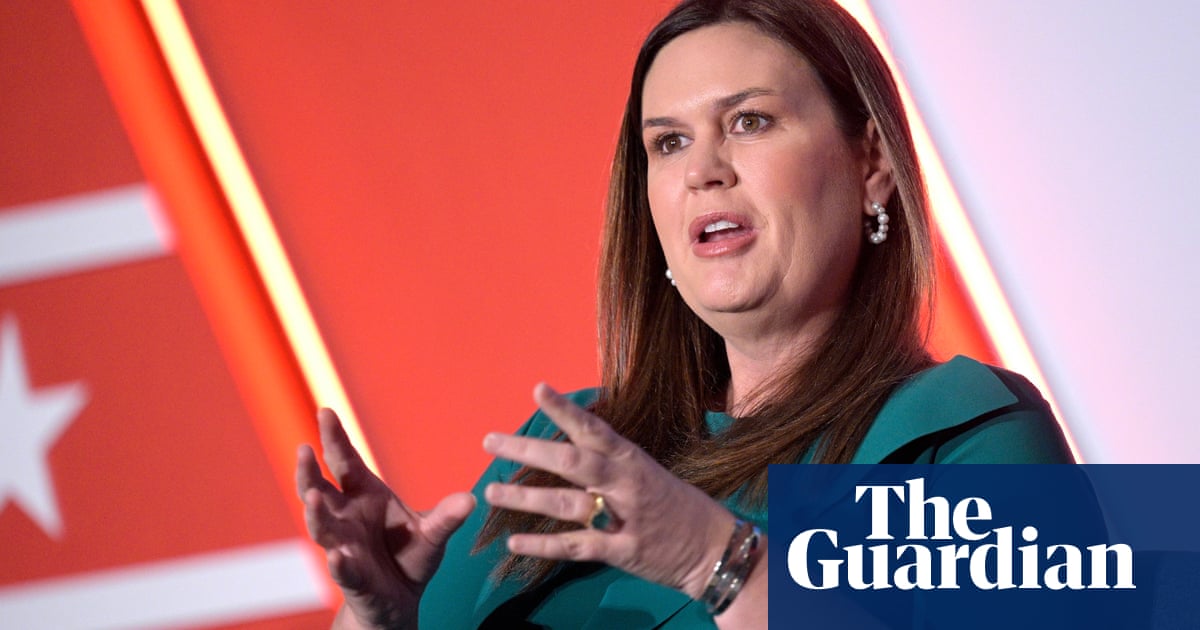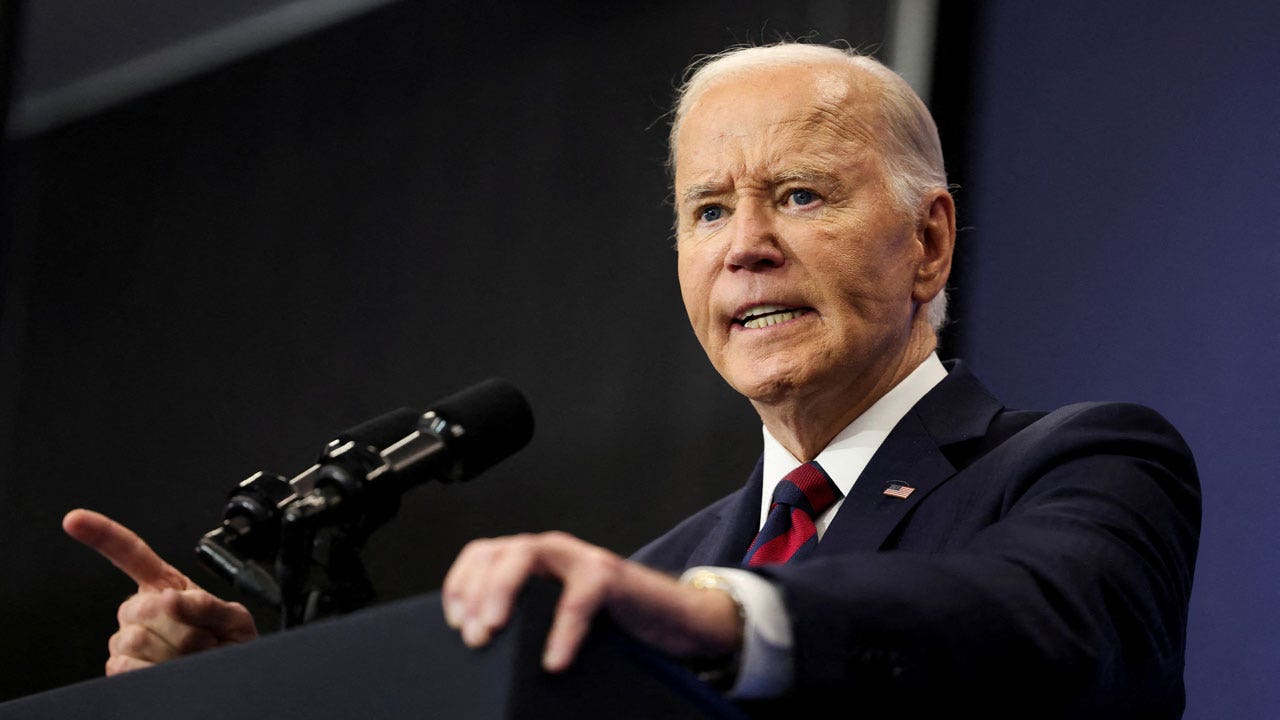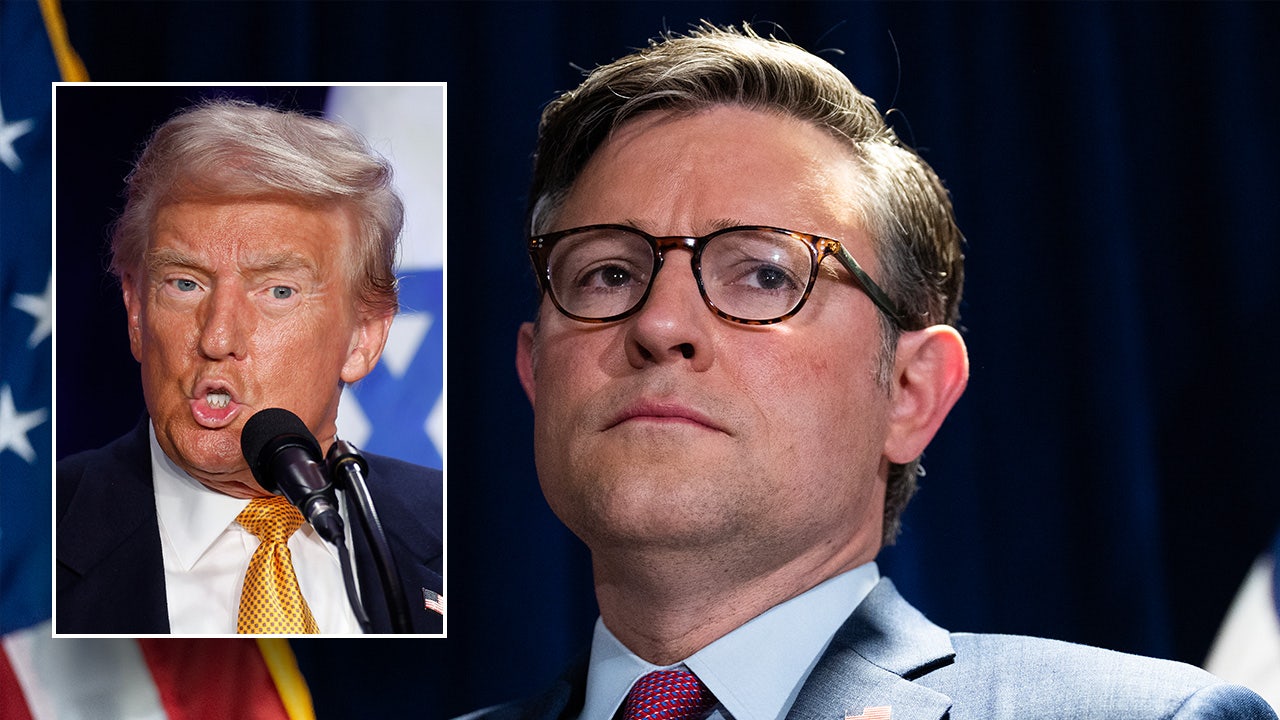MINOT — Earlier this year, Gov. Doug Burgum asked for the resignation of the chair of the board overseeing North Dakota’s public workers pension.
Given the actions and machinations of the chair, whom he appointed in the first place, he was right.
North Dakota’s political leadership has decided to end our state’s defined-benefit public worker’s pension, with its nearly $2 billion in unfunded liabilities, and replace it with the sort of defined contribution retirement plan that most of us in the private sector enjoy.
They passed legislation to do that earlier this year. The transition will keep employees vested in the current pension whole while moving new hires over to the new plan.
But our elected leaders — including Burgum and a majority in the Legislature — are not confident that the board charged with overseeing the Public Employees Retirement System will faithfully carry out the reforms.
Mona Tedford Rindy, the current chair of the PERS board, disputed this in
a recent letter to the editor
responding to my reporting on this issue. “Any assertion that the PERS board and staff are somehow dragging their feet or sabotaging the pension closure process is blatantly false,” she wrote.
“The PERS board (led by me) and PERS staff (led by Executive Director Scott Miller) are ‘all in’, and have been ever since the legislation to close the pension passed,” she continued.
This isn’t accurate.
Immediately after the pension reform legislation passed and was sent to Burgum for his signature, Miller, who Tedford Rindy would like us to believe is “all in” on executing it,
said this to the Bismarck Tribune:
“At over $4 billion difference, HB 1040 is about to be the most expensive mistake in the history of the state of North Dakota.”
“All in,” indeed. Tedford Rindy didn’t mention those comments in her letter.
There is also good reason to doubt Tedford Rindy’s own commitment to the pension reforms. During the legislative session, she lobbied to defeat the reforms.
“I urge you to thoughtfully consider the complexities and downfalls of these proposed bills, and not succumb to the more knee-jerk-type reaction that the best way to fix an underfunded [defined benefit] plan is to close it,” she wrote in a January 13, 2023, letter sent to lawmakers.
That letter was provided to me by several lawmakers (I’ve redacted Tedford Rindy’s personal contact information).
Not only did Tedford Rindy take no action to rein in Miller, who has cultivated a toxic relationship with reform-minded lawmakers, but she now falsely claims that both she and Miller support the reforms.
There is nothing wrong with Miller and Tedford Rindy opposing the decision to close the defined-benefit pension, whatever you or I might think of their position.
But, simultaneously, there is also nothing wrong in thinking that Miller and Tedford Rindy might not be the right people to carry out those reforms, given their openly expressed hostilities toward pension reform.
Under the leadership of Tedford Rindy and Miller, the PERS board has not been “all in” on following the Legislature’s directives. They have been opposed to pension reform. They even initiated a lawsuit against the Legislature over changes made to the PERS board makeup.
The Legislature, wanting more oversight to ensure that the pension reforms are carried out, created two more positions for lawmakers on the board.
The PERS board sued, making a separation of powers argument, and got a victory from the state supreme court, albeit on an unrelated issue — lawmakers have been blatantly violating the state constitution’s prohibition on multi-issue bills for years,
and the courts have finally called them on it.
Lawmakers must now convene in a costly special session to address this — that’s their own fault — but Miller and Tedford Rindy aren’t likely to be successful in the long run in their separation of powers argument.
In a concurring opinion, Chief Justice Jon Jensen wrote that the reforms to the PERS board “do not violate the separation of powers between coequal branches of government.” When the court gets around to ruling on that issue, specifically, it’s probable they’ll come down on the Legislature’s side.
But even if the courts do happen to conclude that the Legislature violated the separation of powers provisions of the state constitution by putting four lawmakers on the PERS board, there is no legal challenge to the pension reforms themselves.
Whatever happens in the courts, we still need leadership at the PERS board we can count on to carry out those reforms.
That’s not Mona Tedford Rindy, and certainly not Scott Miller.
This is not a new problem. Former state Rep. John Dorso, a Republican who served as majority leader in the 1990s, told me the current headaches with the PERS board mirror those he and his colleagues faced previously.
“I gave up because I couldn’t see a way to overcome [PERS board’s] ability to get their way,” Dorso told me.
“I hope the Legislature can not only make the change to the retirement plan but undo the seemingly impossible situation the state has to endure with the laws concerning this board,” he continued, referencing the fact that the governor, who appoints members of the board, cannot remove them, even when they’re actively opposed to his agenda.
Burgum and the Legislature support pension reforms. They’ve made those reforms law. They want to ensure that the government board in charge of overseeing those reforms carries them out in good faith.
Tedford Rindy refused Burgum’s request that she resign from the position he appointed her to.
That’s arrogance unbefitting a public servant.
We cannot abide a situation that allows bureaucrats and appointees to thwart the policies set by elected leaders.

























/cdn.vox-cdn.com/uploads/chorus_asset/file/23951353/STK043_VRG_Illo_N_Barclay_3_Meta.jpg)
/cdn.vox-cdn.com/uploads/chorus_asset/file/24924653/236780_Google_AntiTrust_Trial_Custom_Art_CVirginia__0003_1.png)



